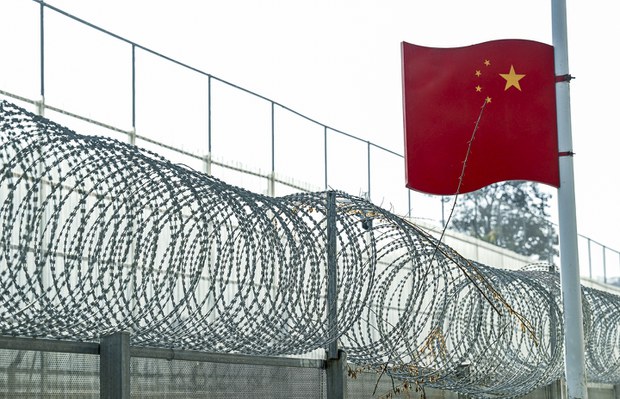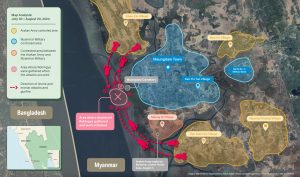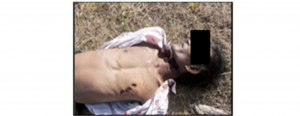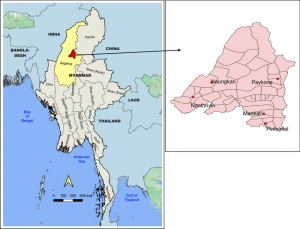The Resilient Sea Gypsies of Myeik Archipelago, Myanmar.

In the serene Majon Galet Village of the Myeik Archipelago in the Tanintharyi Division, Myanmar, a noteworthy transformation is unfolding in the lives of the local Salon community. Traditionally renowned as Sea Gypsies, these industrious people find themselves in the midst of a flourishing business venture – the abundant harvest of cuttlefish.
Unlike the preceding year, when the cuttlefish yield was meager, the current season brings a bounty. The surge in cuttlefish numbers has significantly expanded job opportunities for the Salon people. This success is attributed to a confluence of factors, including heightened market demand and the adept fishing practices of the community.
For countless years, the Salon people have been dedicated to the art of cuttlefish catching, a trade that sustains them throughout the year. Their small fishing boats traverse the azure waters for 20 days each month, accompanying larger crab-catching vessels in pursuit of the lucrative cuttlefish. The fruits of their labor are not just vital for local sustenance but have also become sought-after commodities in the hospitality industry.
Hotels and restaurants eagerly procure the marine products, while there’s a steady export flow to neighboring Thailand. The Salon fishermen, recognizing the increased demand, sell their prized cuttlefish directly on the boats, commanding a respectable price of 150 Baht per kilogram for the Thai market.
This thriving enterprise is not merely a business venture; it stands as a testament to the resilience and adaptability of the Salon people. Their dedication not only ensures economic prosperity but also plays a crucial role in preserving the unique daily life and cultural heritage that define the essence of the local community. As rapid changes encroach upon longstanding traditions, endeavors like these become vital lifelines, safeguarding the rich tapestry of Myanmar’s diverse ethnic groups, who have called this land home for countless millennia.








